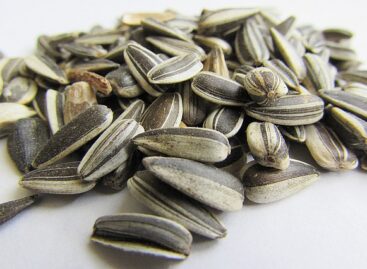A foreign plant can cover the sand steppes

Plant invasions – ie the continuous increase in the distribution area and population size of non-native plant species in habitats favorable to them – can cause serious problems both from the point of view of nature conservation and from forestry or agriculture and health, the Eötvös Loránd Research Network writes in its publication. (agrarszektor.hu)
Related news
The Ministry of Agriculture has issued a notice on the use of ENAR data in support policy
In the case of animal-based subsidies financed from EU funds,…
Read more >Farmer-centric agricultural policy after 2027 receives unanimous support
The EU member states’ agriculture ministers have adopted Council conclusions…
Read more >Slow but steady growth in sunflower producer prices
Oil World experts expect a global sunflower seed harvest of…
Read more >Related news
The Christmas season is starting earlier and earlier: value for money is the key
This year, 40 percent of Hungarians brought their Christmas shopping…
Read more >They want it to be premium, but also sustainable – expectations of the youngest generation
GlobalData’s latest report, “Demographics in Retail and Apparel” – which…
Read more >In six months, consumers donated 100 million forints to charitable causes through the mandatory redemption system
Through the deposit bottle return system, which began six months…
Read more >








